Over the past two decades or so, industries have sprung up to treat ‘addictions’ to everything from excessive eating or sex to video games. And colloquially, use of the word ‘addictive’ seems to have reached a peak, used in headlines and casual conversations to describe everything from Nutella to the latest streaming series. In this short video from BBC Ideas, Andrew Przybylski, a professor of experimental psychology at the Oxford Internet Institute, examines the phrase ‘technology addiction’, offering a brief history of the term, and ultimately arguing that, unlike research on addictions to gambling, drugs or alcohol, the research on technology addictions is inconclusive. For Przybylski, it’s more than a matter of semantics: given the lack of conclusive research, new ‘addiction’ treatment markets have become fertile ground for opportunists looking to make a quick buck. Also, like conflating sadness with clinical depression, pairing ‘tech addiction’ with medically proven conditions risks minimising very serious brain disorders.
Is ‘tech addiction’ really akin to drug addiction? Here’s what the research says
Video by BBC Ideas
Animator: Cheng-Hsu Chung
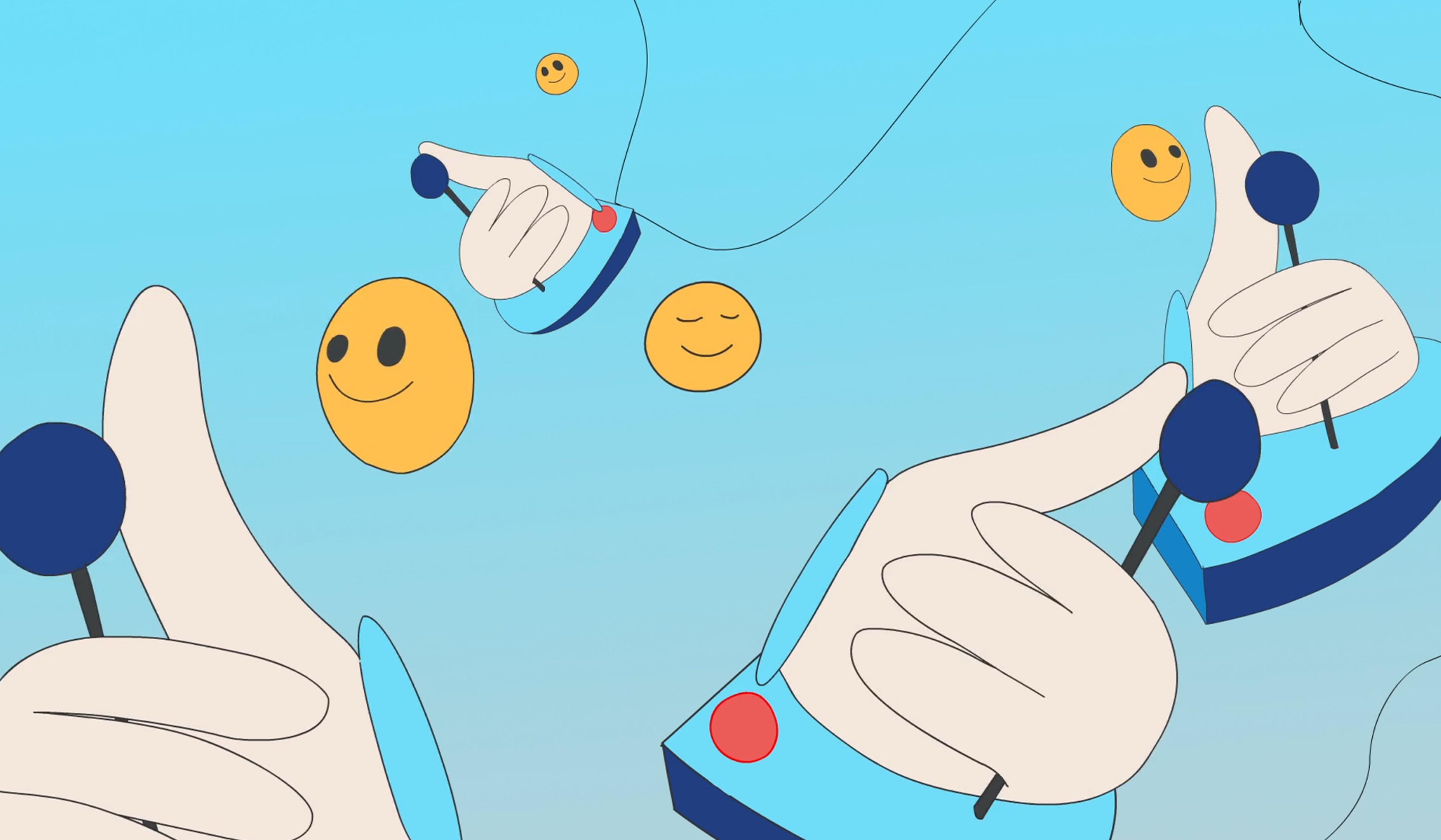
videoTechnology and the self
A handful of executives control the ‘attention economy’. Time for attentive resistance
4 minutes
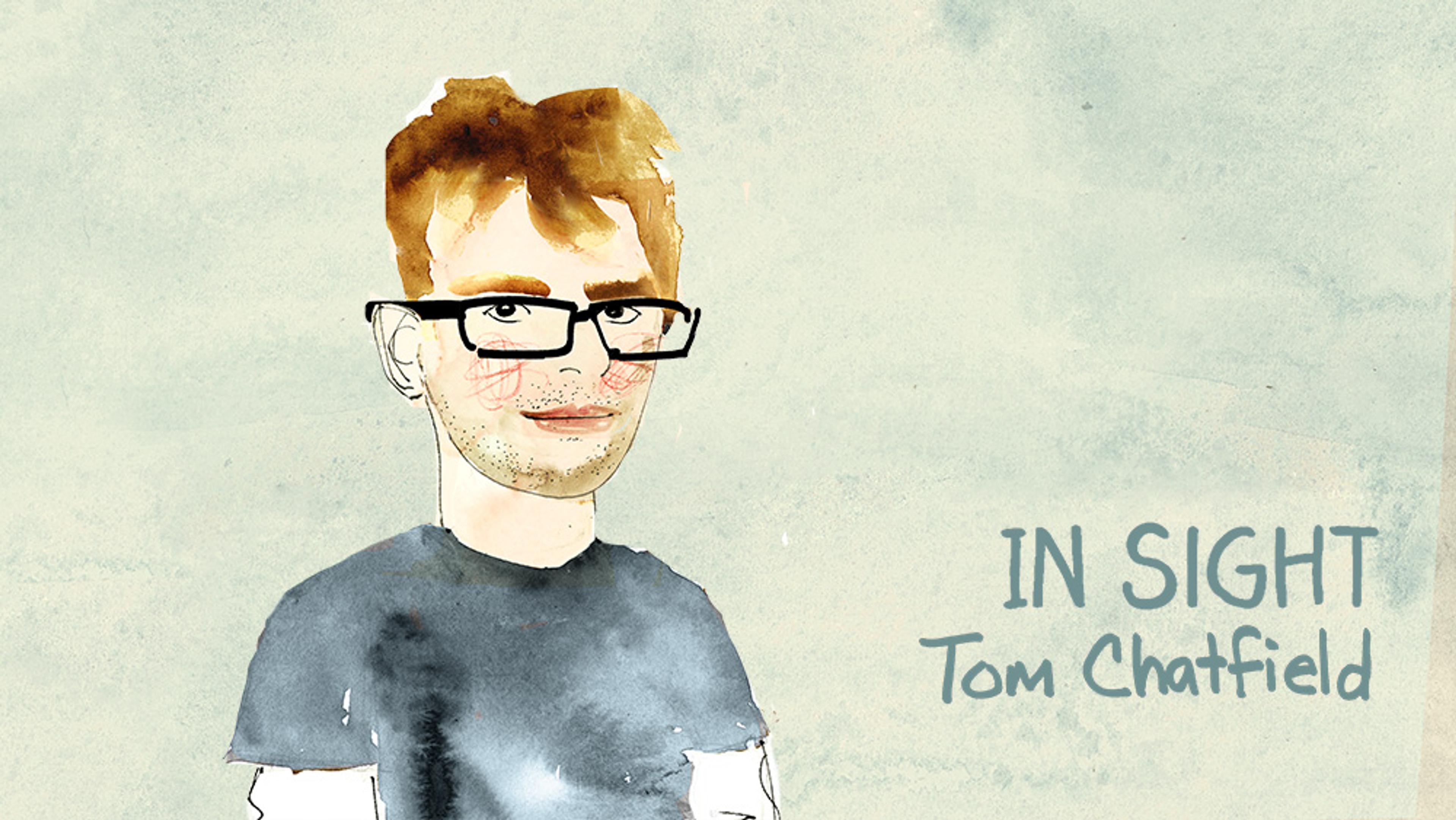
videoAutomation and robotics
If we are what we do, how can we stay human in an era of automation?
7 minutes
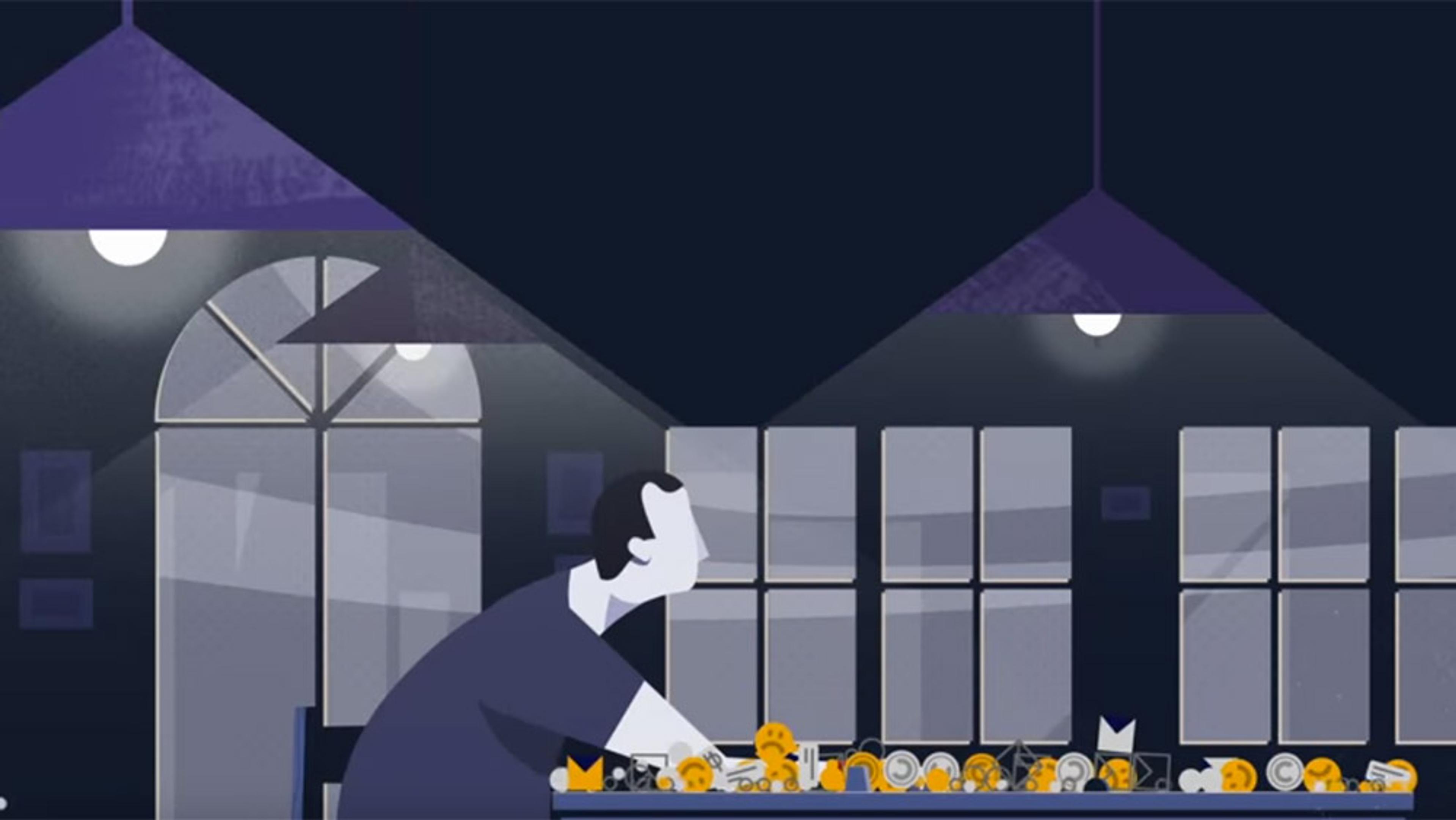
videoMood and emotion
Things can get much more interesting if we let ourselves feel bored
1 minute
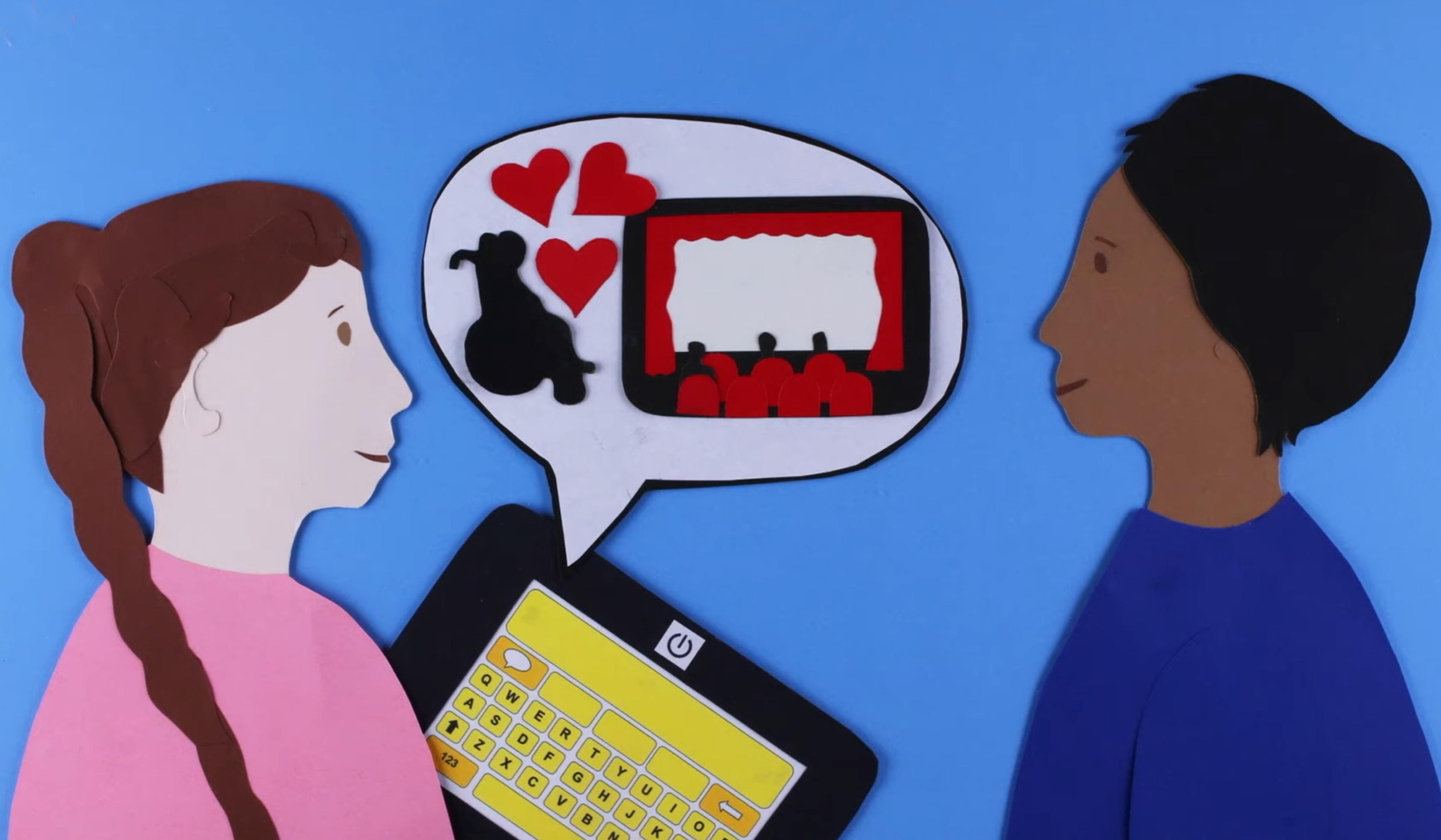
videoTechnology and the self
Adaptive technologies have helped Stephen Hawking, and many more, find their voice
5 minutes

videoNeuroscience
Why daydreaming should replace multitasking amid our information overload
7 minutes

videoWork
From life hacks to listicles, focusing on ‘productivity’ misses the point
6 minutes
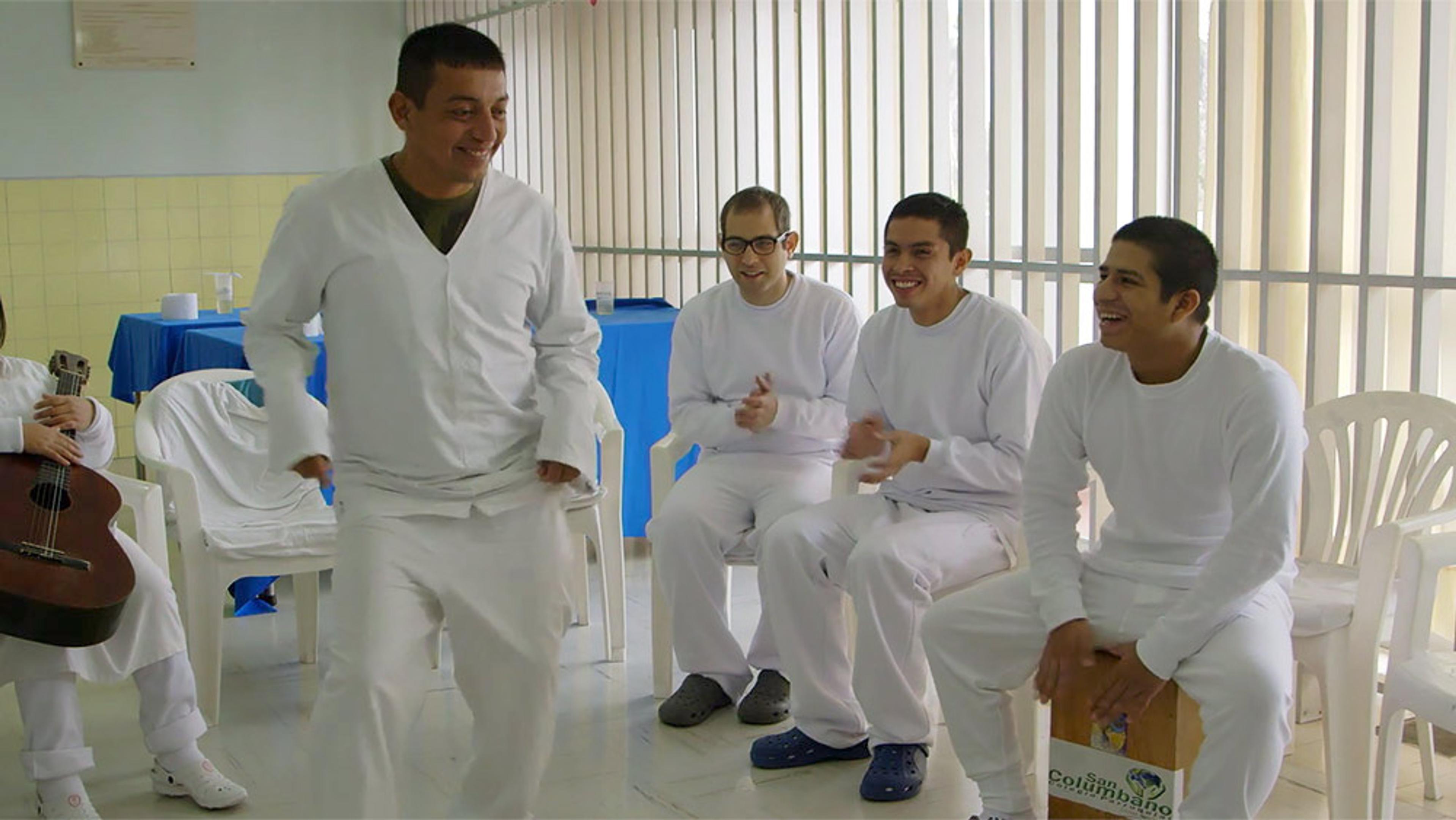
videoAddiction
Can writing an 11,000-page autobiographical thesis cure addiction?
16 minutes
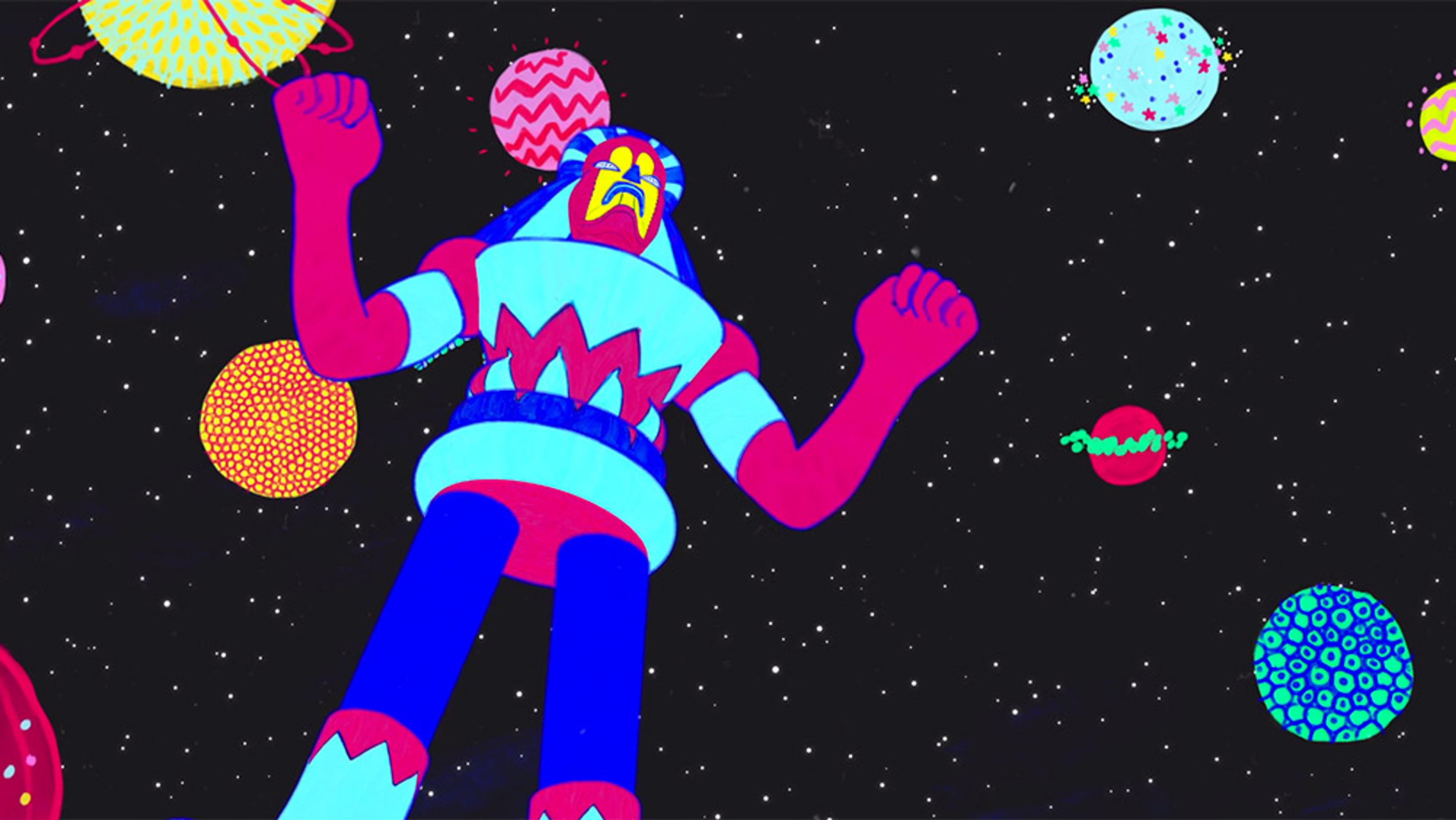
videoAutomation and robotics
Human as a process: What awaits us in the coming age of bio-enhancement?
3 minutes
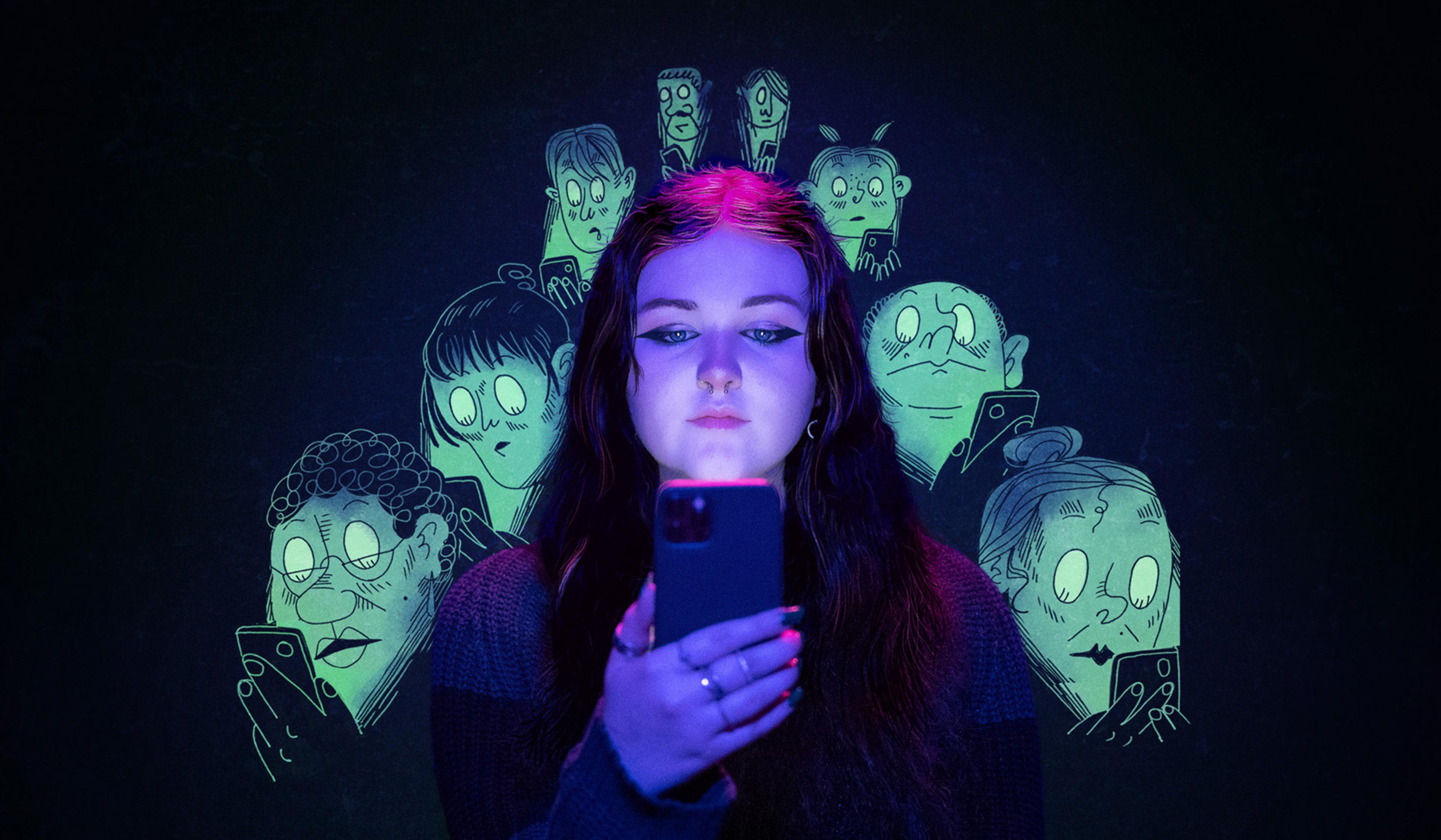
videoSocial psychology
Social contagions can cause genuine illness, and TikTok may be a superspreader
10 minutes